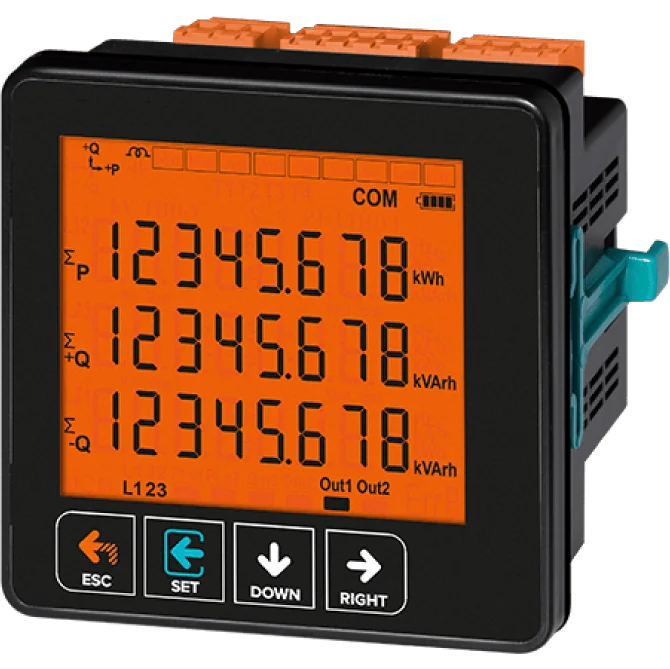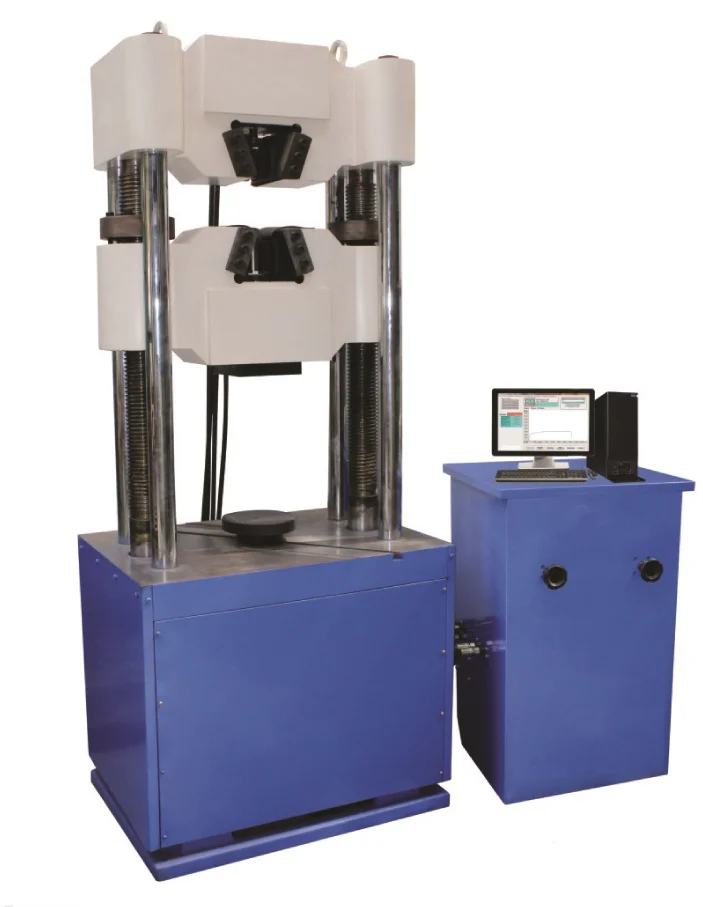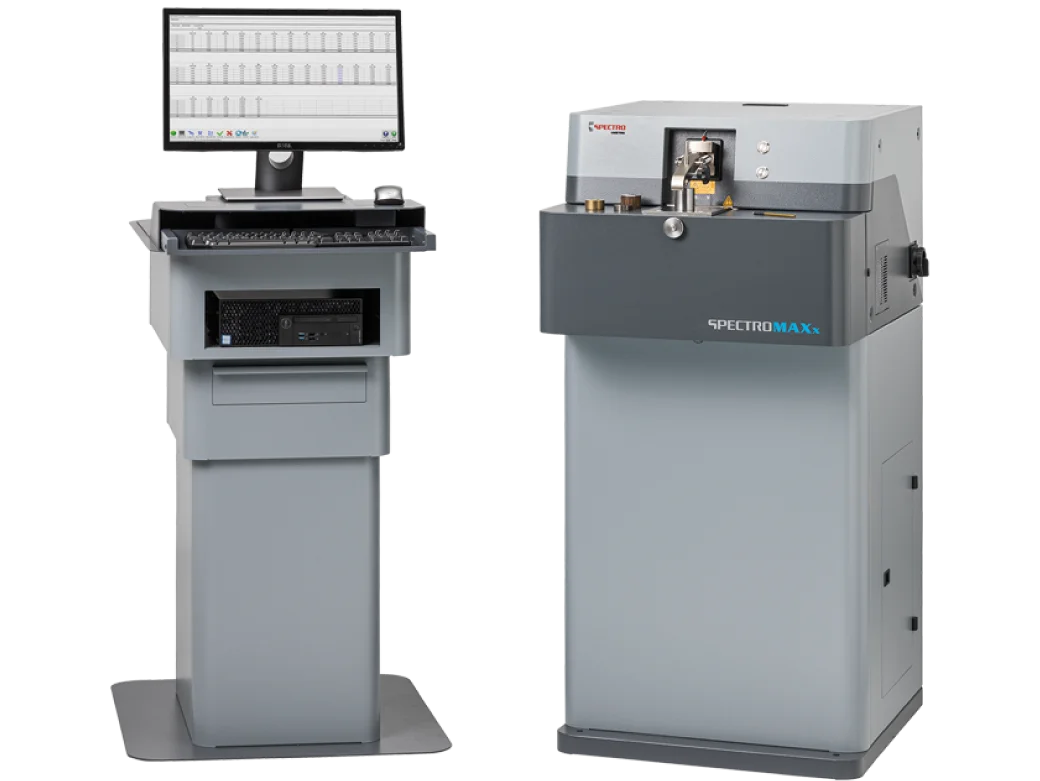
Digitalization in Industrial Processes
Wednesday, February 26, 2025
SCADA Systems
Tuesday, March 18, 2025Data-driven industries
Importance of Data in Industries
Learn about why Data is the New Fuel for Industrial Success
Unlocking Industrial Efficiency
The Importance of Data in Modern Manufacturing
The Power of Data: Transforming Industrial Efficiency & Performance
In today’s fast-paced industrial landscape, data is becoming one of the most valuable assets for businesses. The ability to collect, analyze, and act upon real-time data has transformed traditional operations, helping industries optimize performance, reduce costs, and make smarter decisions. From predictive maintenance to real-time inventory management, data-driven insights are revolutionizing industrial processes and ensuring a competitive edge. Let’s explore the importance of data in industries, how operational efficiency can be achieved by using data and why industries must embrace data-driven strategies to thrive.
The Importance of Data in Industries
Industries generate vast amounts of data on a daily basis. From production line metrics to supply chain logistics. However, raw data alone is not enough—it must be structured, analyzed, and transformed into actionable insights. Here’s how data plays a crucial role in industrial operations:
1. Predictive Maintenance & Reduced Downtime
Unplanned equipment failures can result in a significant loss of time and money. By leveraging data from IoT sensors and historical maintenance records, businesses can predict when machinery is likely to fail and perform proactive maintenance. This reduces downtime, extends equipment lifespan, and improves overall production efficiency.


2. Optimized Production Processes
With real-time data collection, industries can analyze production workflows and identify inefficiencies. AI-powered analytics can indicate adjustments in machinery settings, optimize raw material usage, and ensure maximum throughput with minimal waste, leading to cost savings and improved product quality.
3. Energy Management & Cost Reduction
Energy consumption is a major concern for manufacturing industries. Data analytics enable businesses to track energy usage patterns and identify opportunities for cost reduction, such as optimizing machine run times and switching to more energy-efficient processes.


4. Inventory Optimization
Efficient inventory management is critical for uninterrupted production. By utilizing data analytics, industries can monitor stock levels in real time and predict material shortages. This prevents production delays and optimizes resource allocation.
Using Data for Predictive Maintenance
One of the most valuable applications of data in industrial settings is predictive maintenance. Instead of relying on reactive maintenance, where repairs are only made after equipment fails, industries can use data analytics to forecast potential issues before they cause disruptions. By continuously monitoring equipment and analyzing patterns, businesses can:
1. Avoid Unplanned Downtimes
Schedule maintenance proactively, avoiding unplanned downtime.
2. Extend Machine Life
Extend the lifespan of machinery by addressing minor issues before they escalate.
3. Reduce Repair Costs
Reduce operational costs by minimizing emergency repairs and improving efficiency.
4. Improve Workplace Safety
Generating reports takes seconds with digital tools, improving efficiency and transparency.
Raw Data vs. Processed Data – Which is More Valuable?
Raw Data
Unstructured and vast, raw data consists of real-time values from machinery, sensors, and manual inputs. While it provides an extensive view of operations, it often lacks clarity and can be overwhelming.
Processed Data
After applying sorting, filtering, and analytics, raw data is transformed into meaningful insights. Processed data is actionable and helps businesses make informed decisions.
Why does is it matter?
Although there is an overall importance of data in industries, processed and well structured data is more valuable for decision-making, ensuring businesses can react swiftly to production trends and potential issues.
How Unisons Helps Industries Utilize Data for Operational Excellence
At Unisons, we understand the importance of data in industries, we specialize in data-driven solutions for industrial operations, helping businesses turn raw data into actionable insights. To achieve this, we have built Smart Melt, a software that digitalizes plant production and provides real-time data to enhance decision making.

1. Advanced data analytics
Advanced data analytics tools to improve process efficiency and quality control.
2. Maintenance solutions
Customized predictive maintenance solutions to reduce downtime and improve equipment reliability.
3. Inventory Management
Inventory and resource management systems to track crucial raw materials and optimize production planning.
4. Tailored automation
Tailored automation and digital transformation strategies to enhance data utilization.
Monitor your production through IoT Integration and precision control
Unisons has introduced a new Melting process management system called Smart Melt, designed to optimize and manage your melting processes. It enhances efficiency, accuracy, and automation through real time data acquisition and predictive analytics.
- Hardware Integration: Integrate hardware and equipment for streamlined automated reporting and inputs.
- Remote Access: Control multiple furnaces using a single device.
- ERP Synchronization: Ensure integration and synchronization with any ERP Software.
- Centralized Data: Centralize data across various platforms.



Track Energy consumption
Universal Testing Machine Integration
Spectro Machine Integration




